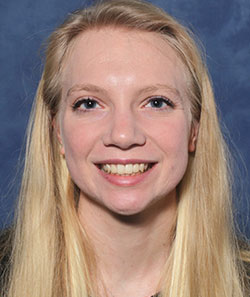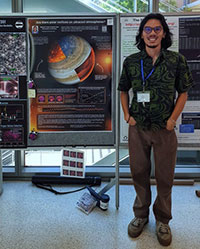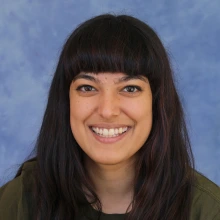
The Planetary Science Institute has selected University of Arizona graduate student Namya Baijal as one of two recipients of the 2025 of the 2025 Pierazzo International Student Travel Award.
PSI established the award in memory of Senior Scientist Betty Pierazzo to support and encourage graduate students to build international collaborations and relationships in planetary science. Each awardee will receive a certificate and check for $2,000 at their respective conferences.
Baijal will attend the Europlanet Science Congress – Division of Planetary Sciences Joint Meeting 2025 to be held in Helsinki, Finland from Sept. 7-12 where she will present her research titled “Three-dimensional Modelling of the Major Impact Craters on (16) Psyche.” Through her research, she works to understand how collisions have shaped the surface of asteroid (16) Psyche, a unique metal-rich asteroid in the main belt and the target of NASA’s Psyche Mission, set to arrive in 2029. Through impact modeling, she and her colleagues aim to help answer the mission’s central question: “Is Psyche the leftover core of a differentiated planetesimal, and if so, how did it form?”
Pierazzo, after whom the prize is named, was an expert in the area of impact modeling throughout the solar system, as well as an expert on the astrobiological and environmental effects of impacts on Earth and Mars. In addition to her research, she was passionate about education, teaching and public outreach, developing planetary-related classroom materials, professional development workshops for teachers, and teaching college-level classes herself. Betty believed in the strength of broad collaborations in all of her research and education activities.
This award memorializes the scope of how she lived her life and the good she sought to bring to our profession and communities.


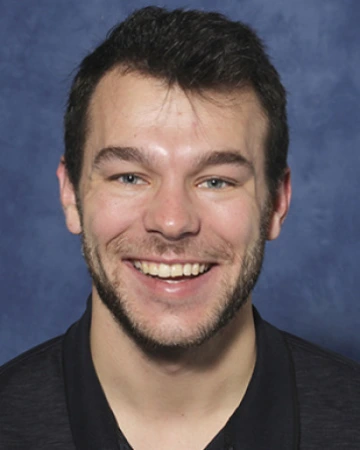

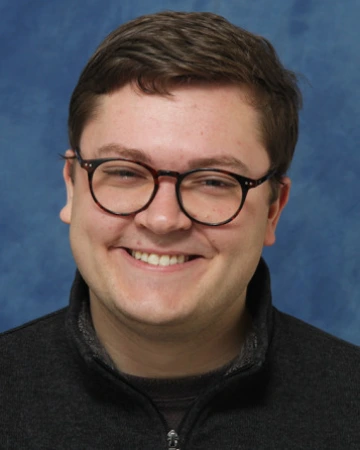
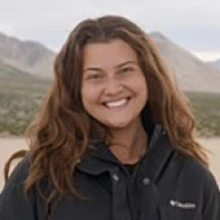
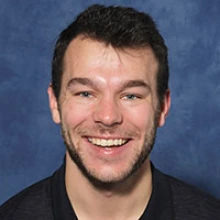
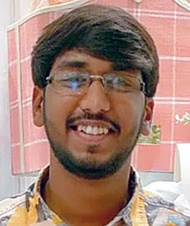
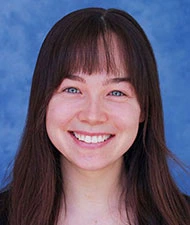
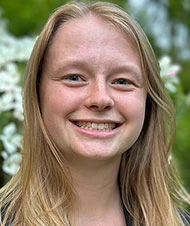

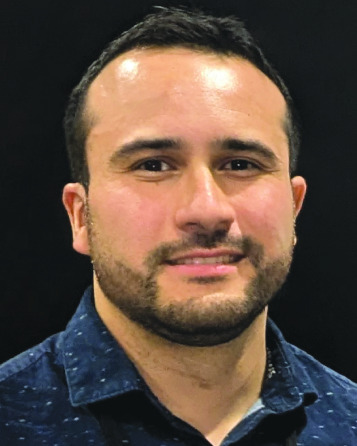 Roberto Aguilar
Roberto Aguilar Arin Avsar
Arin Avsar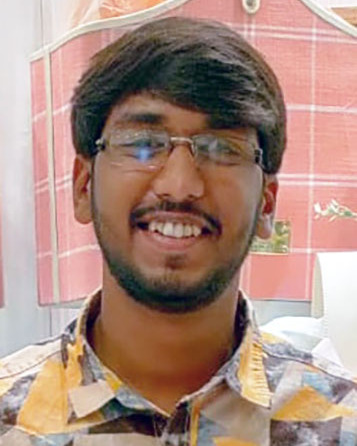 Naman Bajaj
Naman Bajaj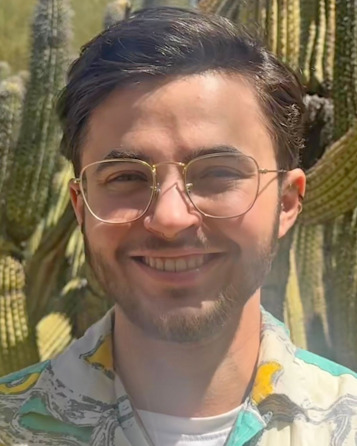 Orion Hon
Orion Hon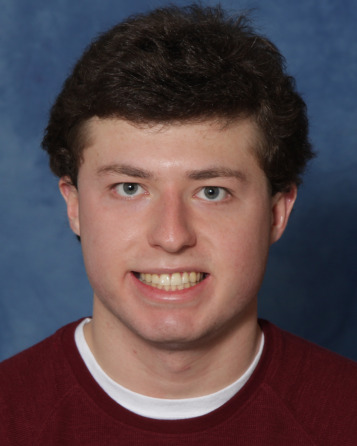 Devin Hoover
Devin Hoover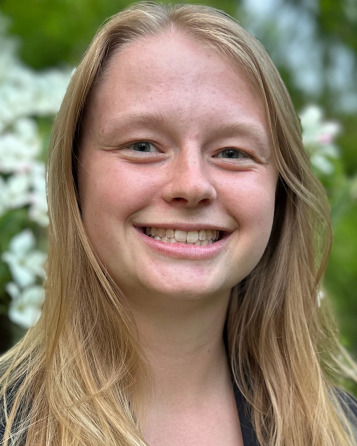 Lori Huseby
Lori Huseby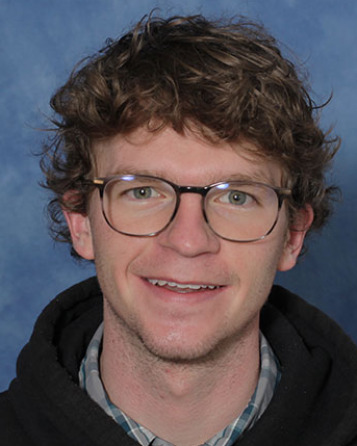 Beau Prince
Beau Prince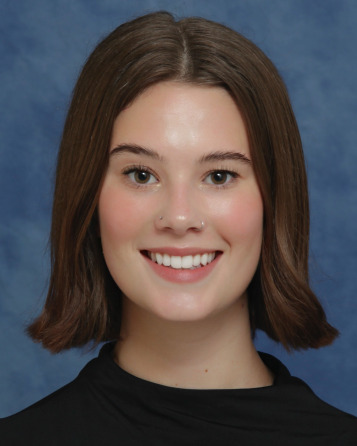 Anna Taylor
Anna Taylor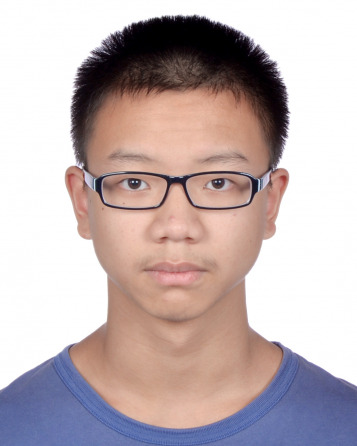 Chengyan Xie
Chengyan Xie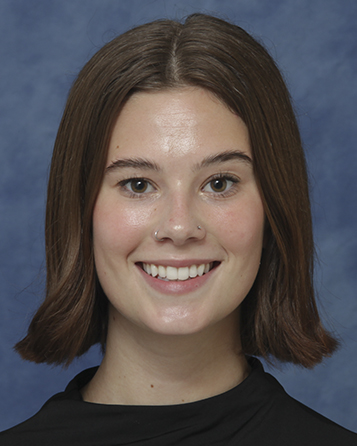 Anna Taylor is the recipient of the 2025
Anna Taylor is the recipient of the 2025 